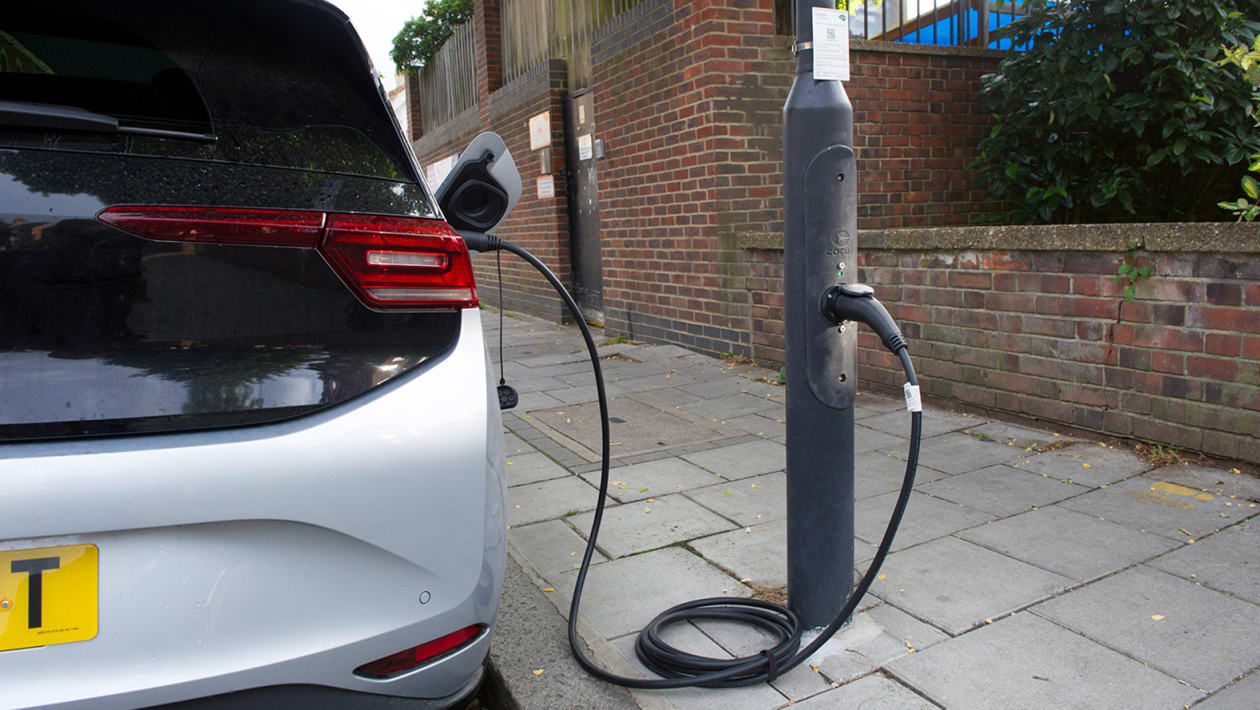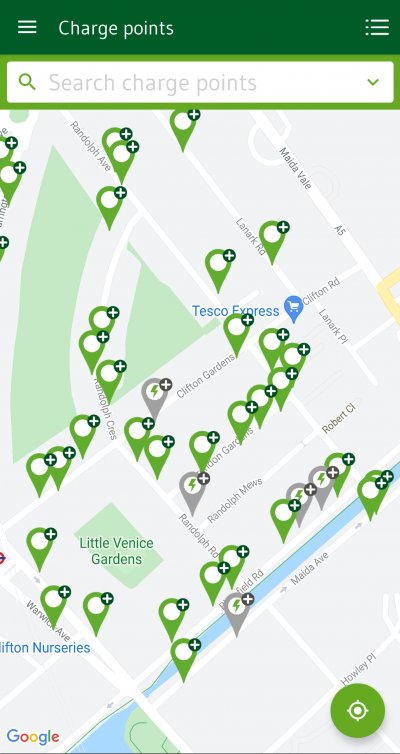- Joined
- Nov 6, 2007
- Messages
- 12,838
- Location
- North Oxfordshire
- Car
- His - Denim Blue A220 AMG Line Premium / Hers - Obsidian Black R172 SLK55
We keep coming back to the 'zero carbon' dogma that @Dryce correctly identified.The original strategy was shale gas, as we have around 40 years worth in the UK (current estimate). But it's such a political hot potato, quite unwarranted unfortunately.
I don't think many people realise quite how precarious our electricity generation capability is currently, let alone when we add in the policy commitment to decommission coal fired power generation by 2025, and - somehow or another - reduce the use of gas-powered generation too. All to support the dogma.
Nuclear has potential to provide clean (in CO2 emissions terms) energy, but as has been previously mentioned, it has a long environmental tail in terms of fuel disposal - "would you prefer to be hung or shot?" - plus it has a long leadtime to commission. I haven't seen any serious commitment to building new capacity over the last few years meaning that there will be little or no new nuclear capacity within the next 8-10 years, i.e. when we need it.
And all the time we are supposed to be shifting to EV's which will potentially double, treble or quadruple demand if mass adoption actually happens.
Bluntly, the numbers don't add up. And that's not a "chicken little" comment, it's based on reality - a place we all exist in, whether or not our policy makers believe it.




